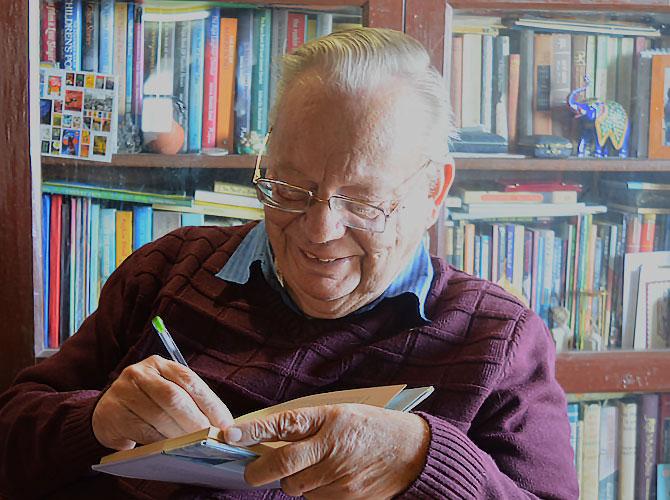

Franz KafkaĪ famously ignored writer, Kafka was a Jewish Czech intellectual and lawyer who wrote in German and had a seriously strained relationship with his overbearing father. The famous story of the white whale was the beginning of Melville's decline. Nowadays, everyone knows that “Call me Ishmael” is the opening line of the seafaring tale Moby-Dick, but when Melville first wrote and published the now iconic American romantic novel, it was a failure that was unable to garner the success of his previous works. This may be a bit of a cop-out, but Herman Melville peaked early on in his career, and his most famous works today were the most disappointing during his lifetime. You may know these names from your freshman year literature course, but when these wordsmiths were living, their works were rejected, ridiculed, and blatantly ignored. Worse, some of these authors experienced success early on, but later died in obscurity, with little money and even littler praise. Here are nine writers who only knew fame after death. The same can be said for many now-famous writers whose celebrity and wealth only came about after they were cold in the ground. He continued in this vein into the 1950s, producing the best-selling story collection Someone Like You in 1953, and Kiss, Kiss in 1959.People often tease that an artist’s work doubles in value once the artist has died. The story wasn't terribly successful, so Dahl went back to writing macabre and mysterious stories geared toward adult readers. Of his early writing career, Dahl told New York Times book reviewer Willa Petschek, "As I went on the stories became less and less realistic and more fantastic." He went on to describe his foray into writing as a "pure fluke," saying, "Without being asked to, I doubt if I'd ever have thought to do it."ĭahl wrote his first story for children, The Gremlins, in 1942, for Walt Disney. He went on to write stories and articles for other magazines, including The New Yorker. Dahl published his first short story in the Saturday Evening Post. Forrester, who encouraged him to start writing. Dahl first caught the writing bug while in Washington, D.C., when he met with author C.S. He came up with the idea for a giant who stores dreams in bottles for kids to enjoy when they sleep several years before, and he told the story of the Big Friendly Giant to his own kids at bedtime.ĭahl began his writing career with short stories in all, he published nine short story collections. Of his many stories, Roald Dahl said The BFG was his favorite. Fox lives in a tree with his wife and family, which was inspired by a real 150-year beech tree Dahl knew as the “witches tree” standing outside his house. Three farmers are out to get the cunning trickster Mr. Some critics have accused Dahl of portraying a racist stereotype with his Oompa-Loompa characters in Charlie and the Chocolate Factory. Winners - including the poor little boy Charlie Bucket, who doesn’t have much to eat - are awarded a visit. A quirky, solitary businessman, Willy Wonka, has been holed up alone inside his fantastical chocolate factory until he releases five golden tickets inside the wrappers of candy bars. Three years after his first children’s book, Dahl published another big winner, Charlie and the Chocolate Factory. 'Charlie and the Chocolate Factory' (1964) The book met with wide critical and commercial acclaim.

Following a recovery that included a hip replacement and two spinal surgeries, Dahl was transferred to Washington, D.C., where he became an assistant air attaché.ĭahl first established himself as a children’s writer in 1961, when he published the book James and the Giant Peach, a book about a lonely little boy living with his two mean aunts who meets the Old Green Grasshopper and his insect friends on a giant, magical peach. The plane crash left him with serious injuries to his skull, spine and hip. While serving in the Mediterranean, Dahl crash-landed in Alexandria, Egypt. After training in Nairobi, Kenya, he became a World War II fighter pilot. Lusting for yet more adventure, in 1939, Dahl joined the Royal Air Force. Afterward, he took a job with the Shell Oil Company in Tanzania, Africa, where he remained until 1939. After Dahl graduated from Repton in 1932, he went on an expedition to Newfoundland. I want to go straight from school to work for a company that will send me to wonderful faraway places like Africa or China."Īnd that he did.

Dahl's response, as quoted from his autobiography, Boy: Tales of Childhood, was, "No thank you. While Dahl hardly excelled as a student, his mother offered to pay for his tuition at Oxford or Cambridge University when he graduated.


 0 kommentar(er)
0 kommentar(er)
